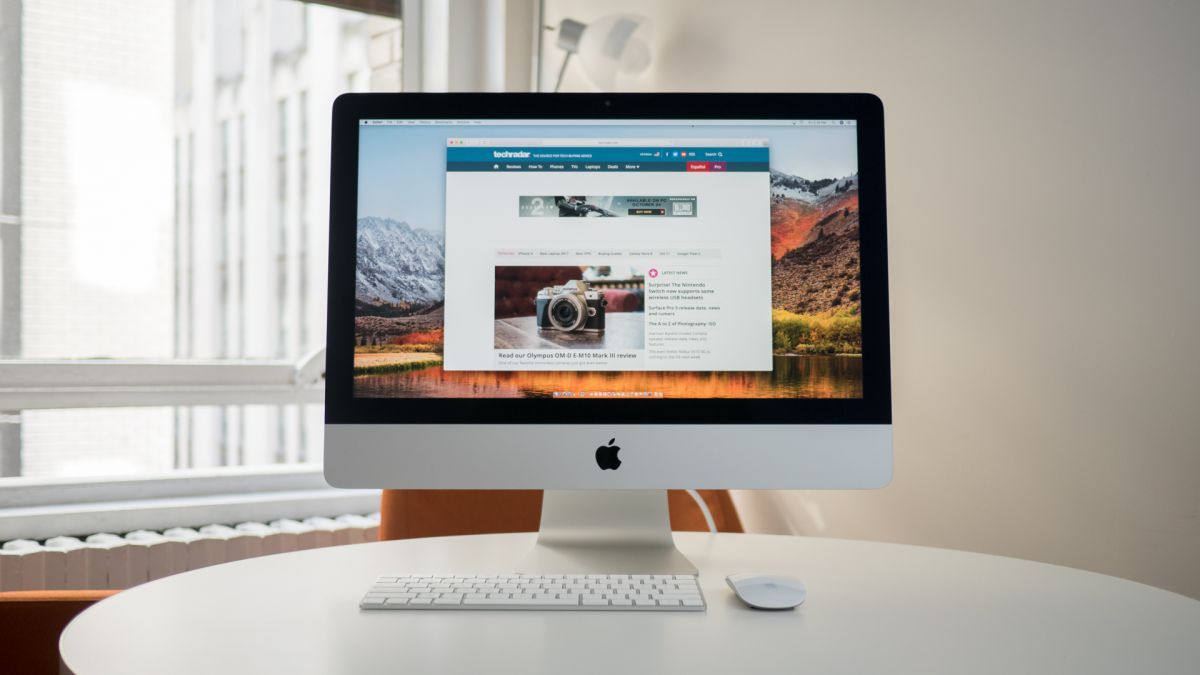Tips to protect Macs from malware Avoid opening spam emails and attachments. Do not download suspicious files. Install ad-blocking applications. Make frequent system backups (Time Machine). Install the latest operating system (OS) and application updates. Manage data.
How do Macs not get viruses?
Macs are already automatically set up to check for software updates and to notify you when updates are available for download. An important aspect of avoiding viruses and other problems is downloading and installing these updates quickly, as they contain the latest security features.
Are Apple computers protected from viruses?
Yes, Macs can – and do get – viruses and other forms of malware. And while Mac computers are less vulnerable to malware than PCs, macOS’ built-in security features aren’t enough to protect Mac users from all online threats.
Will Macs get viruses in 2021?
Yes, Macs can get malware. According to Kaspersky, 1 in 10 Macs is infected with malware known as Slayer. Not to mention all the other types of malicious programs out there.
How Common Are Mac Viruses?
The popular misconception that Macs don’t get viruses has become much less popular in recent years, as Apple devices have been through many bugs. But it’s still surprising that the most prolific malware on macOS — by one count, affecting one in ten devices — is relatively gross.
Can Apple get viruses from websites?
While Apple smartphones may be a smaller target than Android devices, some say you can pick up all sorts of malware just by opening a dangerous website without knowingly downloading and installing anything.
Do Macs have built-in antivirus?
The technically advanced runtime protections in macOS work at the core of your Mac to protect your system from malware. This starts with advanced antivirus software built in to block and remove malware.

Does Apple iPads Get Viruses?
While no known common viruses can attack an iPad, other threats exist, such as adware, malware, and spyware. These usually find their way to your iPad through fake ads, attachments from untrusted sources, phishing attempts, or other nefarious paths to your device.
Can iPhone get viruses?
Fortunately for Apple fans, iPhone viruses are rare but unheard of. While generally safe, one of the ways iPhones can become vulnerable to viruses is when they’re “jailbroken.” Jailbreaking an iPhone is a bit like unlocking it, but less legit.
Does Apple warn you about viruses?
Many users of macOS and iOS devices receive pop-ups or notifications warning them of a virus attack. However, getting such a notification can be scary, but it is recommended not to download, install or run any applications when prompted to download.
Which antivirus does Apple recommend?
As mentioned, Apple and Microsoft advise their users to use reliable antivirus software to avoid these attacks. Norton LifeLock produces its anchor program, Norton AntiVirus, for both platforms.
Is cleaning my Mac safe?
CleanMyMac is safe to download, install and use. It is a product built by a well-known Ukrainian company, MacPaw, with other effects. CleanMyMac X is not a virus or spyware. It has been notarized by Apple, which means that Apple has scanned the code and found no harmful components.
Can an iPhone get a virus through Safari?
Apps are a direct way for hackers to access your phone, and it’s not always as straightforward as it seems. There is no Safari virus on your iPhone, but Safari can be a gateway for hackers to load malware or other bloatware on your device. It would help if you also thought about what apps you recently downloaded.
Is Safari Safe From Viruses?
Thanks to Apple’s design of iOS, malware can’t do much, even if it lands on your phone. Typically, look for behaviors like Safari redirecting itself to web pages you didn’t request, email and text messages sent automatically without your permission, or the App Store opening by itself.
Can Safari iOS Get Viruses?
Can iPhones get viruses? Yes, they can, but it’s highly unlikely. iOS is a closed ecosystem or sandbox which prevents viruses from spreading across your device or stealing data.
How can you check if your Mac has viruses?
How to scan and remove malware from your Mac Install and launch Clarion. Click on Quick Scan and wait for the Scan to complete. Select the detected malware and click Remove.
How do I secure my Mac?
10 Things You Should Do To Protect Your Mac Keep Your OS X and Applications Updated. Change the default security and privacy settings. Use a Mac antivirus (that works). Use a privacy-focused browser. Use an Ad & Tracking Link Blocker. Install a VPN (Virtual Private Network). Use a password manager.
Are Macs more secure than PCs?
Macs have long had a reputation for being “more secure” than Windows PCs, with users believing that Apple machines are impenetrable to cybercriminals who want to carry out malware attacks. But the reality is less clear. Evidence shows that both platforms are highly vulnerable to security risks.
Why did I get a virus warning on my iPad?
If a virus warning suddenly appears on your screen, it is most likely a virus scam trying to force you to act on it. Whatever you do, don’t tap the links in the popup, and don’t even use the close button – it could lead you to a phishing site. Instead, follow our guide on how to get rid of this fake virus scam.
Is my iPad hacker safe?
iPhones and iPads are fairly secure from hacking. If you stick with apps from the App Store, you won’t get hacked. As ever. But if you go online and download third-party apps that Apple does not screen, you have a high chance of getting hacked.











